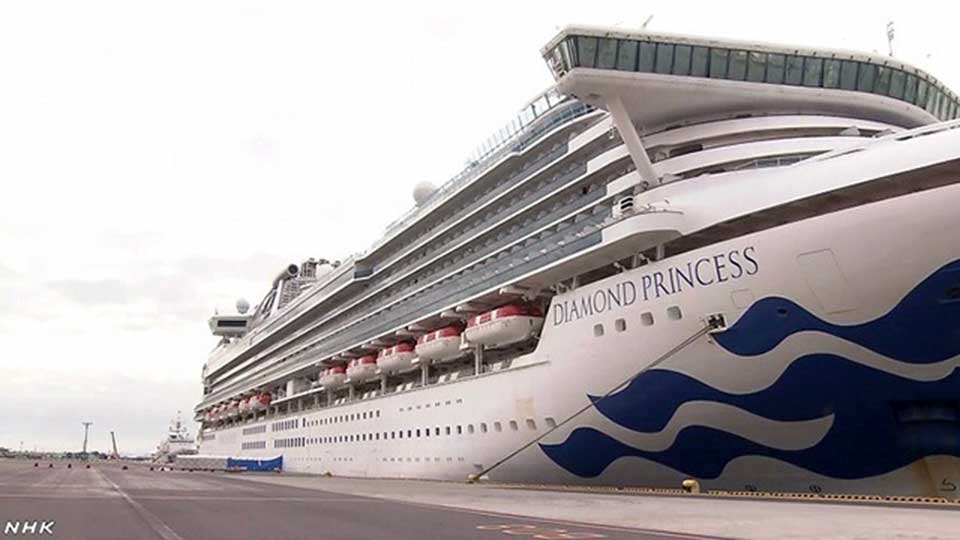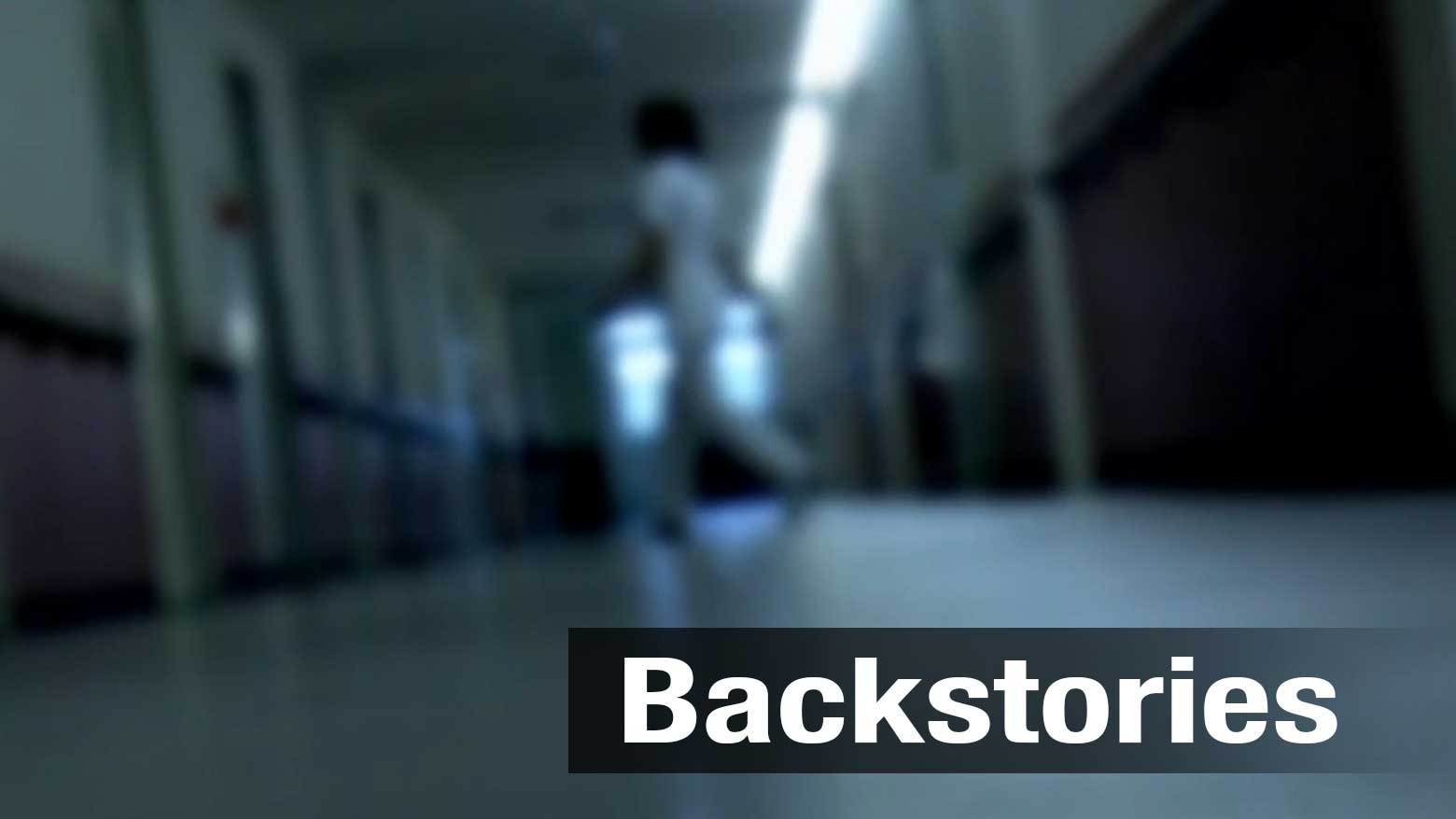Satoko (not her real name) is a nurse in the thirties employed at a hospital in Toyohashi city, Aichi Prefecture. But she says she had to put her job on pause earlier this month when a doctor in her hospital tested positive for the coronavirus. Although she never worked with the doctor, and hasn't tested positive herself, she says the local daycare center refused to allow her child in, so she has been forced to stay home.
"I work at a hospital because I want to help people. It's frustrating that I'm blocked from doing that because I can't take my child to daycare," she says.
Early heroes faced abuse
In the early days of the coronavirus outbreak, the Diamond Princess cruise ship was quarantined off Yokohama with about 3,700 passengers and crew on board. More than 600 of them tested positive for the virus.
A hospital in Kanagawa prefecture agreed to accept those who had tested positive for the virus, but its staff soon faced discrimination and even harassment. In early March, the hospital's management sent out a questionnaire to the staff, asking about their experiences.
Of the 240 people who responded, 76 said they had been harassed in their daily lives. Some said their children had been bullied at school. One respondent said someone who called an ambulance refused to travel in it once they learned they would be going to the hospital that treated people from the cruise ship. Another said they felt prejudice even when talking to staff of medical institutes.

And it's not just hospital workers who are facing the stigma. On April 8, the principal of an elementary school in Ehime prefecture refused to allow three children to enter because the parents went to work in an area in which coronavirus cases had been detected. The city's Board of Education later reversed the decision, and the school apologized to the parents.
Saito Reiko, a professor of medicine at Niigata University, likens it to the discrimination face by people with HIV or Hansen's disease, but
"It's human nature to try to exclude foreign things to avoid danger. In the past, excluding people to avoid infections would have been the best approach, but nowadays the hygiene environment has improved vastly and so has our understanding of infectious diseases," she says. "It's important to react calmly, based on scientific knowledge, and also to imagine how you would feel if you are got discriminatory behavior."

